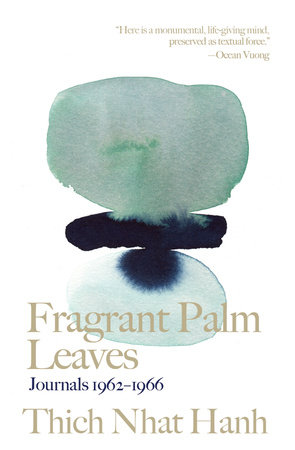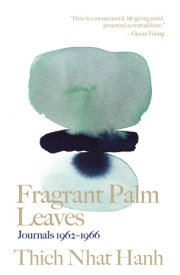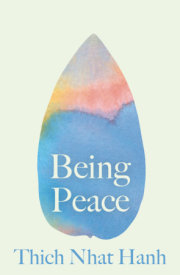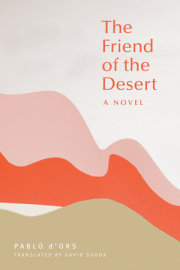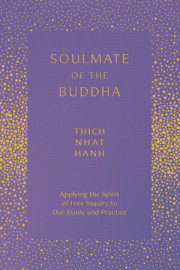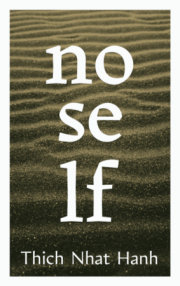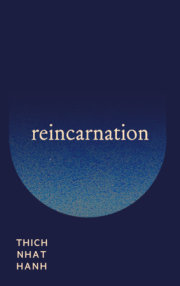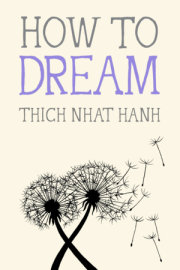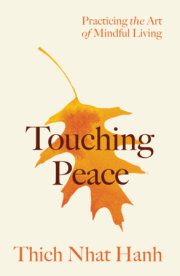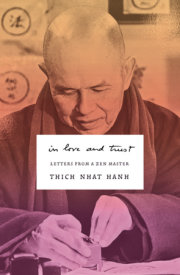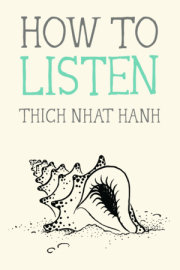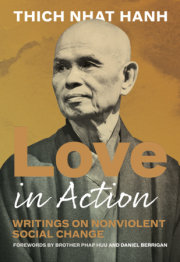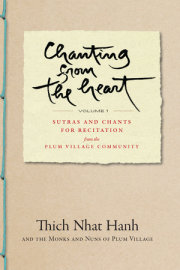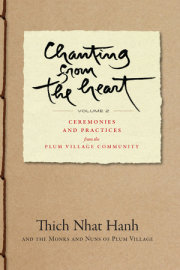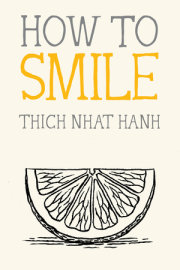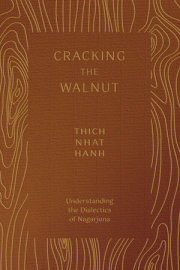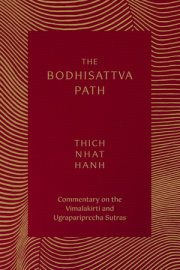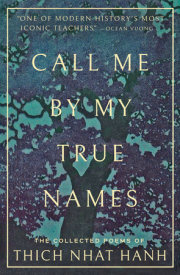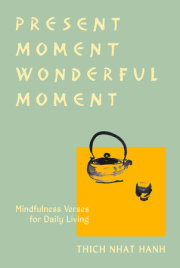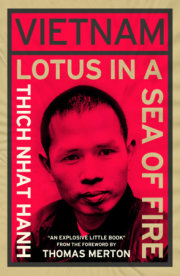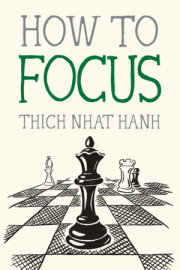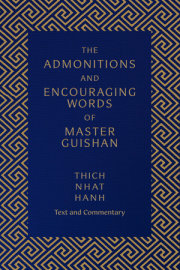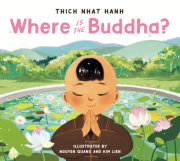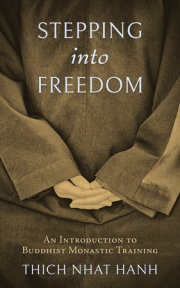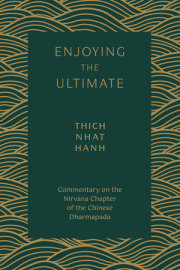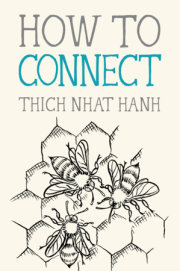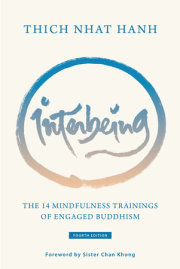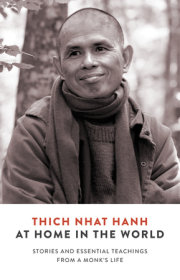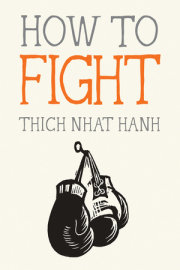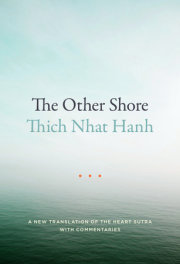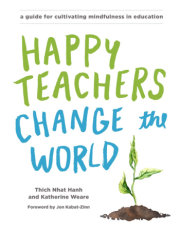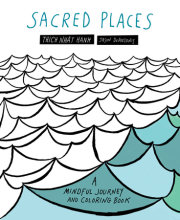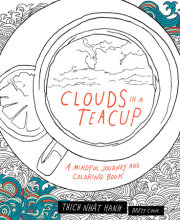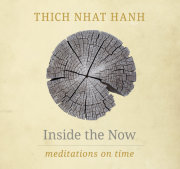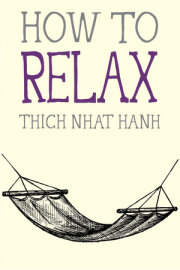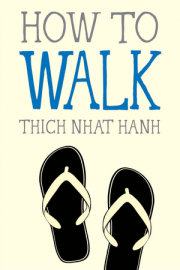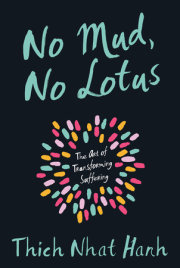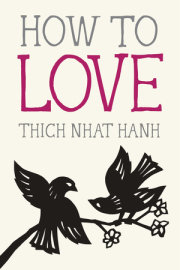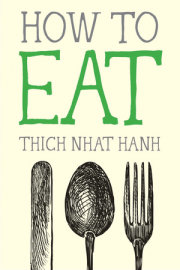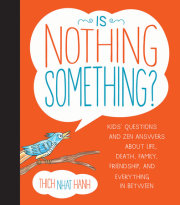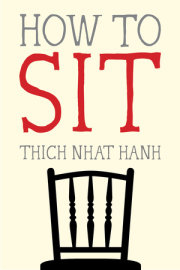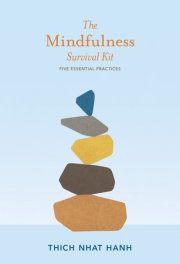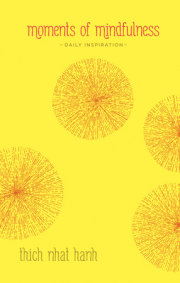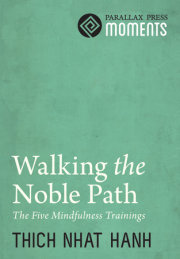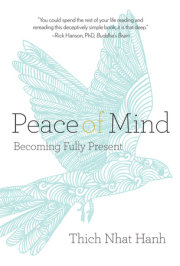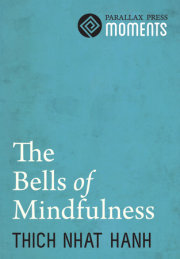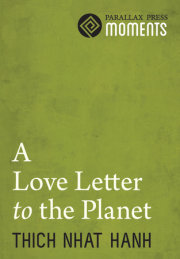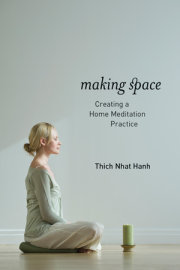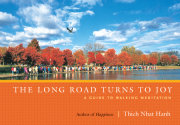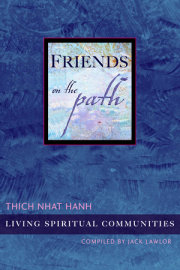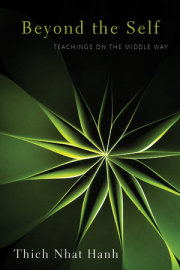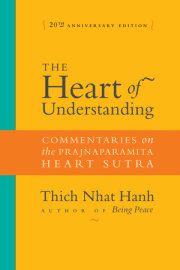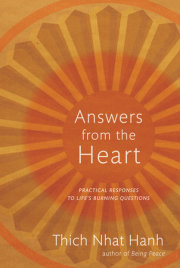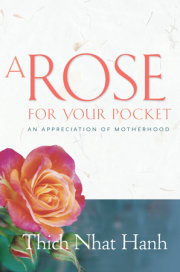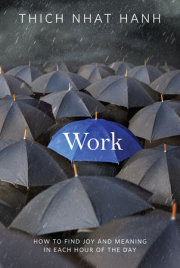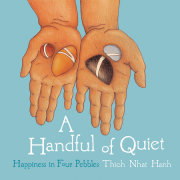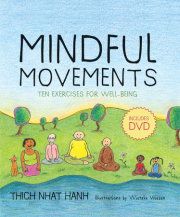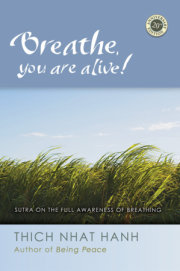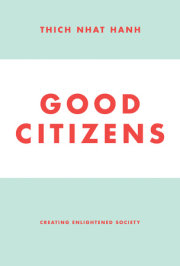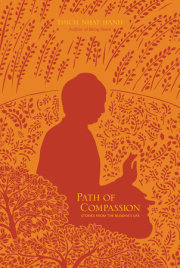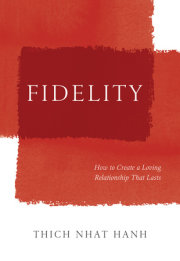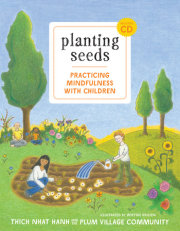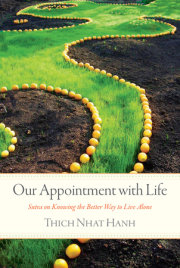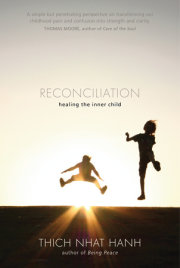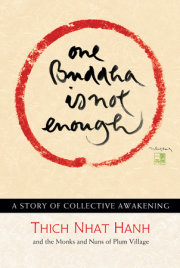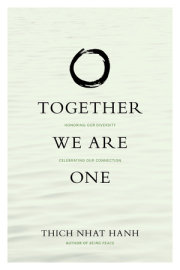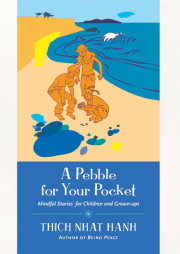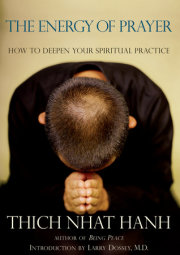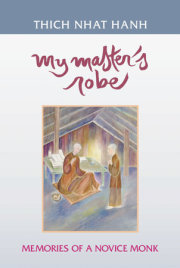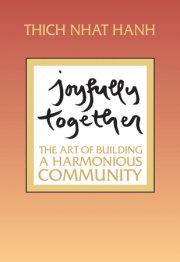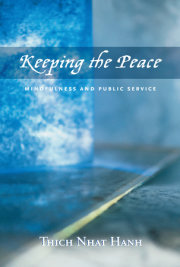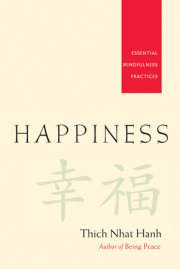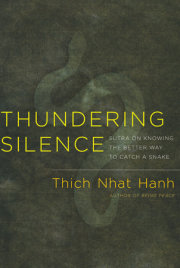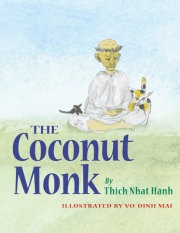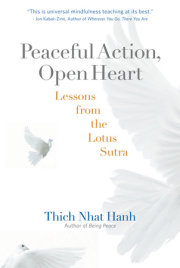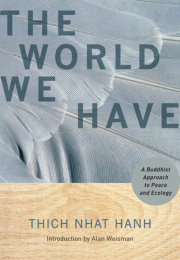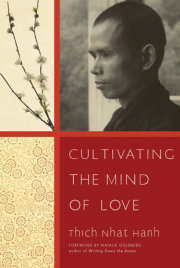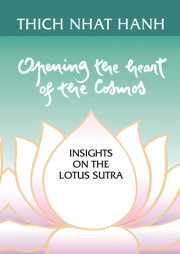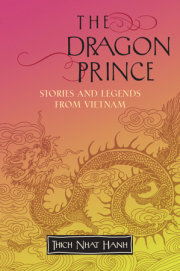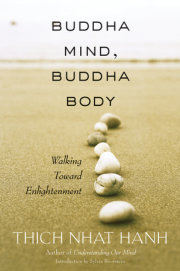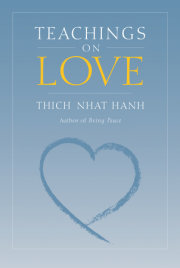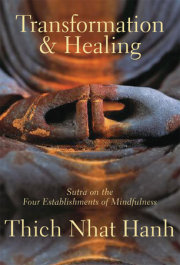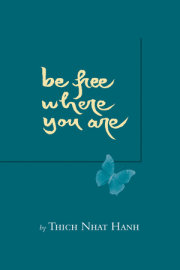"These remain [Thich Nhat Hanh's] most intimate writings—a rare record of his unselfing, which made him himself: the monk who brought mindfulness to the world."
—The Marginalian
“The monk who taught the world mindfulness.”
—TIME
“Thich Nhat Hanh shows us the connection between personal inner peace and peace on earth.”
—His Holiness the Dalai Lama
“Thich Nhat Hanh is a holy man, for he is humble and devout. He is a scholar of immense intellectual capacity. His ideas for peace, if applied, would build a monument to ecumenism, to world brotherhood, to humanity.”
—Dr. Martin Luther King, Jr.
“Thich Nhat Hanh’s work, on and off the page, has proven to be the antidote to our modern pain and sorrows. Here is a monumental, life-giving mind, preserved as textual force. And that's what I feel reading and practicing his teachings: that I am being acted on by a compassion equal to and pervasive as gravity itself. His books help me be more human, more me than I was before.”
—Ocean Vuong, author of On Earth We’re Briefly Gorgeous
“One of the sweetest and most personally revealing of Thich Nhat Hanh’s books, it shows the planting of his seeds of remarkable wisdom.”
—Jack Kornfield, author of A Path With Heart
“Thich Nhat Hanh is a great teacher. I have studied him, his work, his passage through life, with gratitude and joy. Through his writings, his public offerings, his insights, I’ve gained vision and clarity; I’ve often felt it would be impossible to find a more lucid, determined, and courageous soul.”
—Alice Walker, author of The Color Purple
“Thich Nhat Hanh's words are like water. Simple, pure, transparent, and absolutely indispensable for life.”
—Alejandro Iñárritu, director of Birdman and The Revenant
“How is it that a Vietnamese Buddhist monk who teaches mindfulness could inspire Martin Luther King and become one of the great nonviolent activists of the twenty-first century? Like no other teacher, Thich Nhat Hanh shows us the revolutionary possibilities of building social movements based on compassion, for both ourselves and others.”
—Professor john a powell, director of the Othering & Belonging Institute at UC Berkeley
“I first met Thich Nhat Hanh in 1968 in Paris. That was the time of rising counter culture, protest against the Vietnam war and student uprising. At that time his presence in Paris was like a soothing rain in dry heat. Ever since, for more than fifty years, he has been the conscience of humanity. He has been a compassionate catalyst of spiritual awakening, social harmony and ecological awareness. He has nurtured the human spirit with dedication, determination and delight. He is humble and gentle yet powerfully persuasive and strong willed. It has been a joy of my life to know him and follow his teachings.”
—Satish Kumar, editor emeritus Resurgence & Ecologist magazine and founder of Schumacher College
“One of the greatest teachers of our time…In Fragrant Palm Leaves, the venerable poet emerges poignantly disclosing the essence of enlightenment, and also life itself!”
—Robert Thurman, author of Inner Revolution

